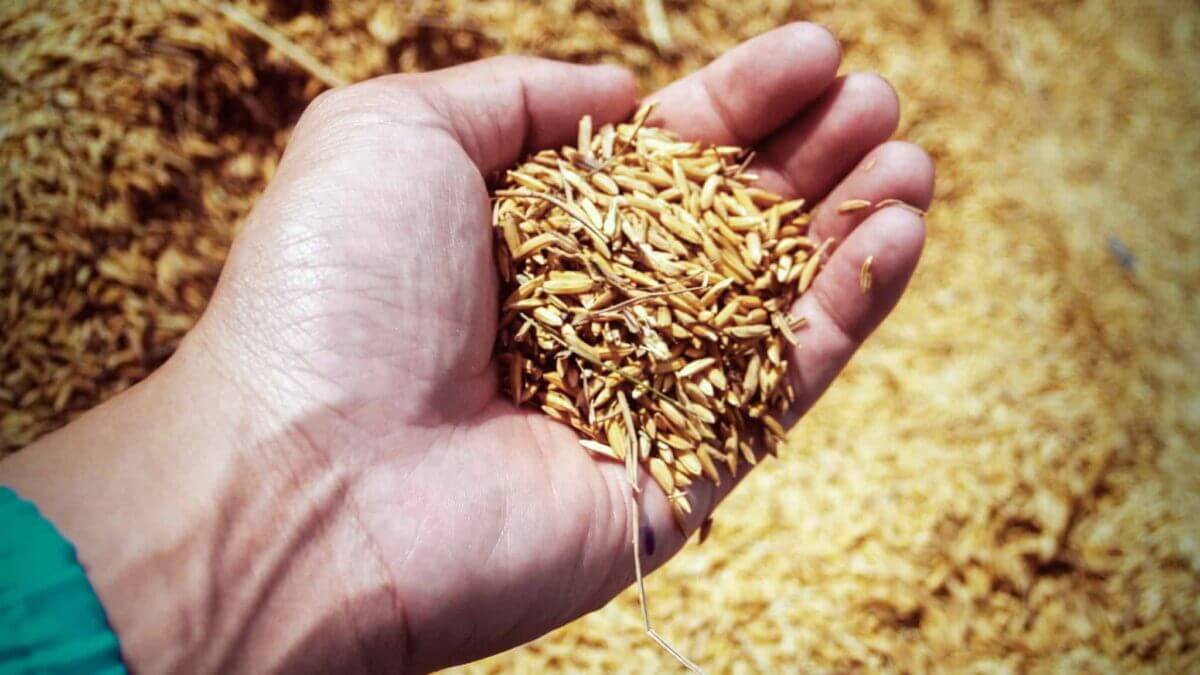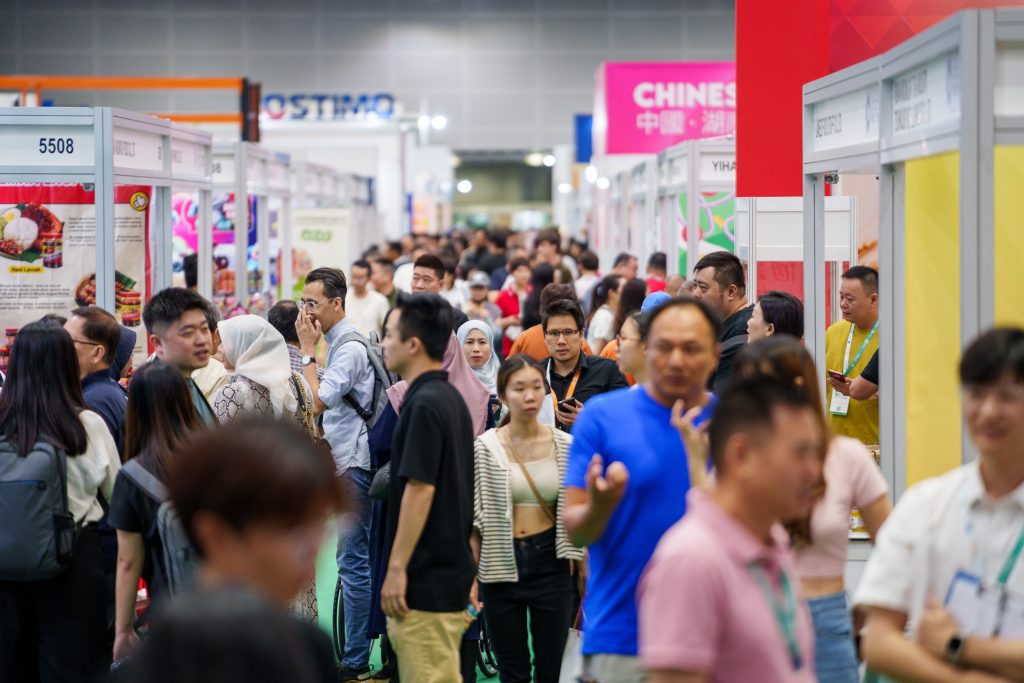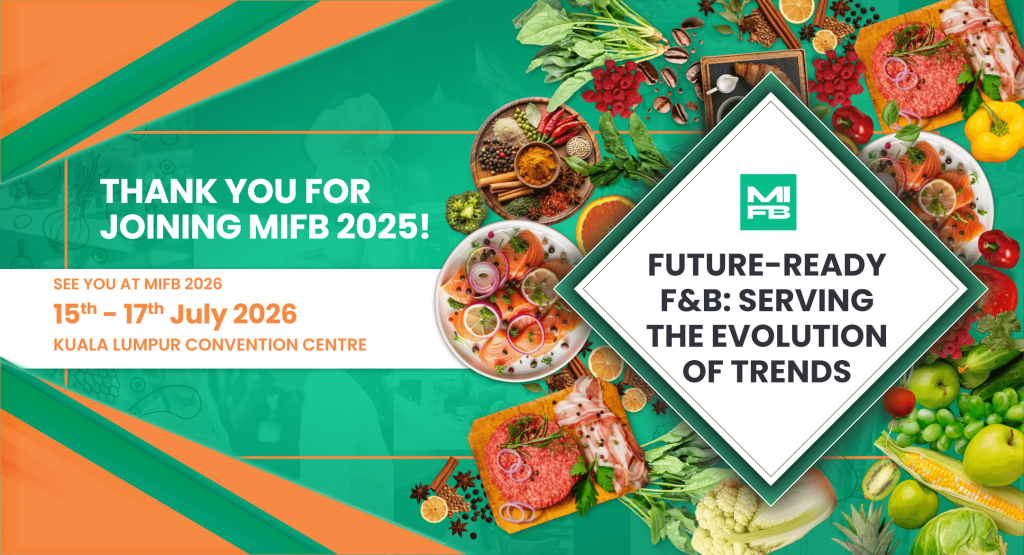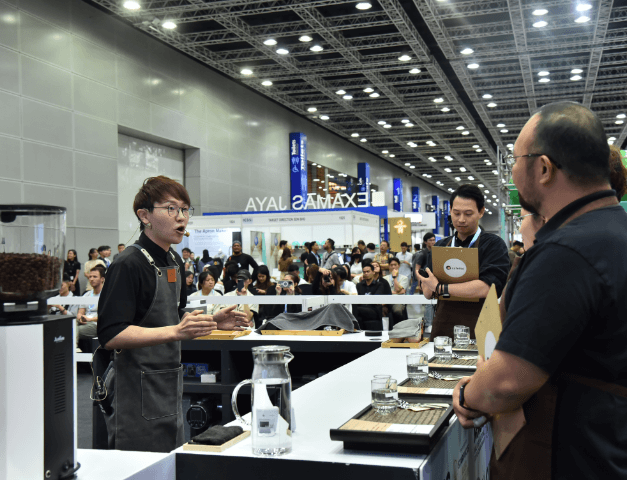What Can We Learn from the Russia-Ukraine War, and the COVID-19 Pandemic?
If there’s any lesson that we can learn from recent events, it is that conventional supply chains that we have depended on are more fragile than we thought.
Take the Russia-Ukraine war for instance, which has dominated headlines worldwide, with markets abuzz with soaring energy prices and sanctions targeting a major energy producer.
What’s not often mentioned is that these two countries are also major food exporters, accounting for nearly one-third of the world’s wheat supplies.
According to the head of the Committee on World Food Security, Gabriel Ferrero de Loma-Osorio, the Russia-Ukraine conflict has made a heavy impact on food availability and pricing. Citing an example, he notes that Bangladesh imports almost half its wheat from both these countries.
Closer to home, Malaysians may recall news of fast-food chain giants KFC and McDonalds running out of French fries, and in some instances, chicken as well. KFC Malaysia told the media that the shortage was caused by global supply chain disruptions arising from the pandemic.
In these scenarios, the purchasing side has become overdependent on what was once a reliable source of food supply and is at risk of having their food supply chain disrupted by external parties.
And if nations and fast-food supergiants can be caught off guard, wouldn’t it be safe to say that the everyday business is equally at risk as well?
Looking past the bleak situation, however, governments and private institutions across the globe are racing against time to address this issue. Singapore has announced its ‘30 by 30’ food security goal where it aims to produce 30% of the nation’s food needs by 2030 through innovative, productive, and sustainable methods.
Back home, the Malaysian government is launching the National Food Policy Action Plan 2021-2025 (DSMN Action Plan), a part of the National Agro-Food Policy 2021-2030 (DAN 2.0) comprehensive policy to ensure the country’s food security was competitive and sustainable based on key government policies including the Shared Prosperity Vision 2030 and the Sustainable Development Agenda 2030.
Let’s not forget the efforts being made to produce new food alternatives such as lab-grown burger patties and alternative protein sources.
If you’re planning to seek out alternative and sustainable supply channels, be sure to visit the MIFB 2022 exhibition this 6 – 8 July.



